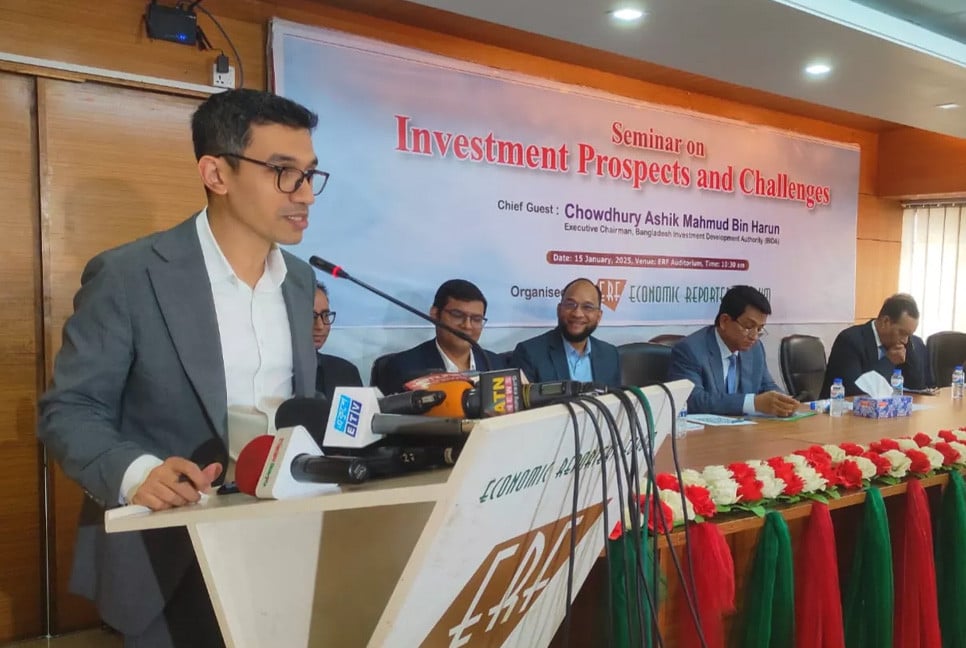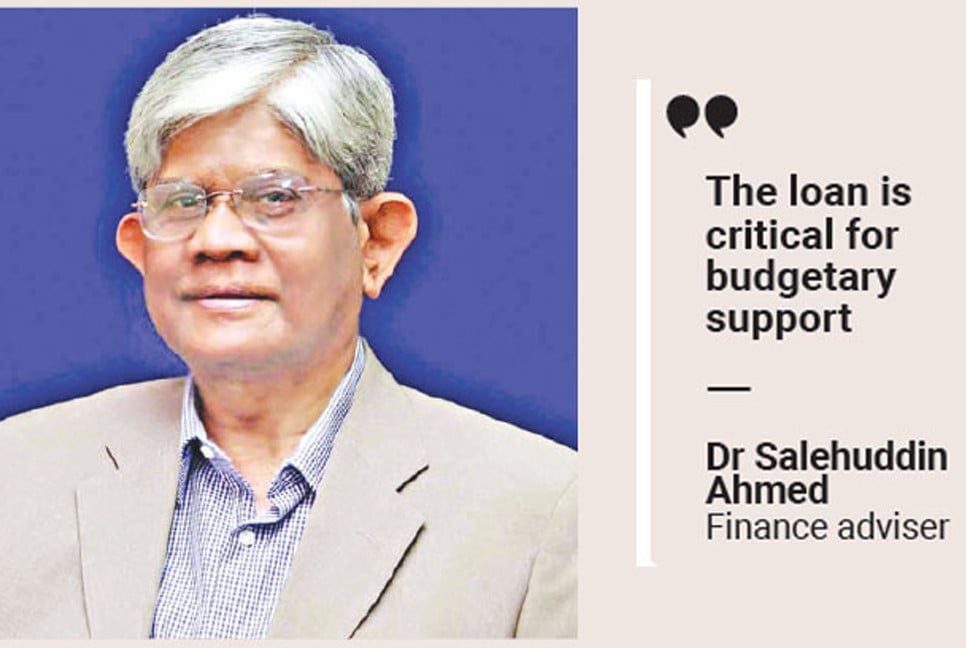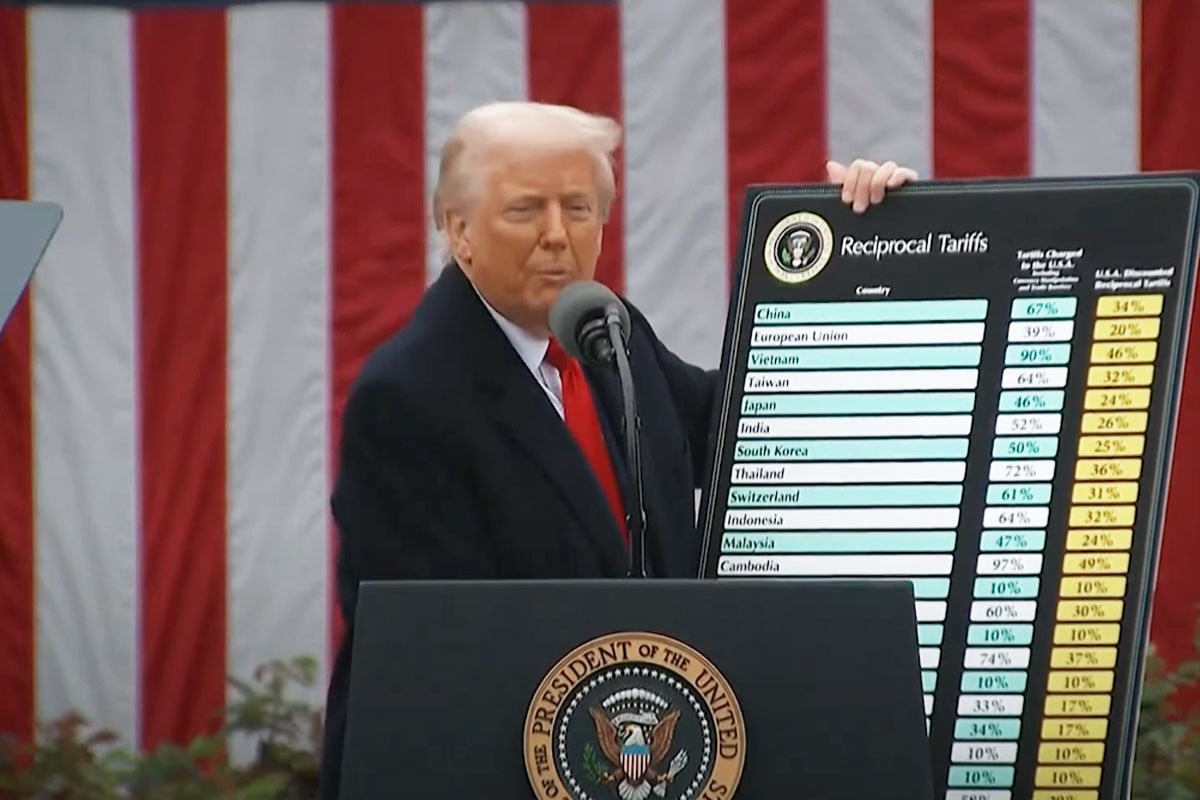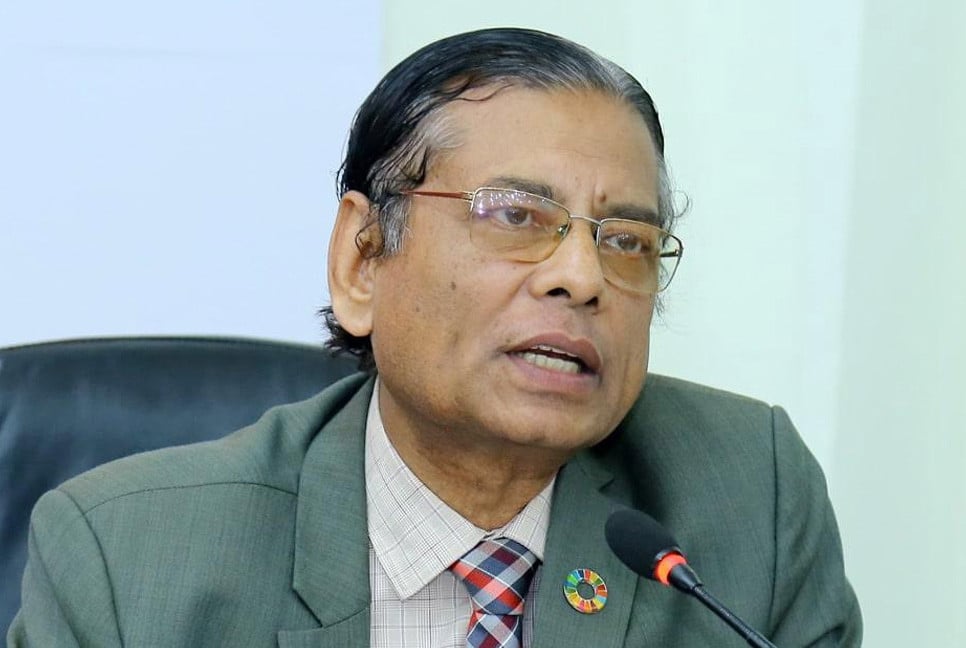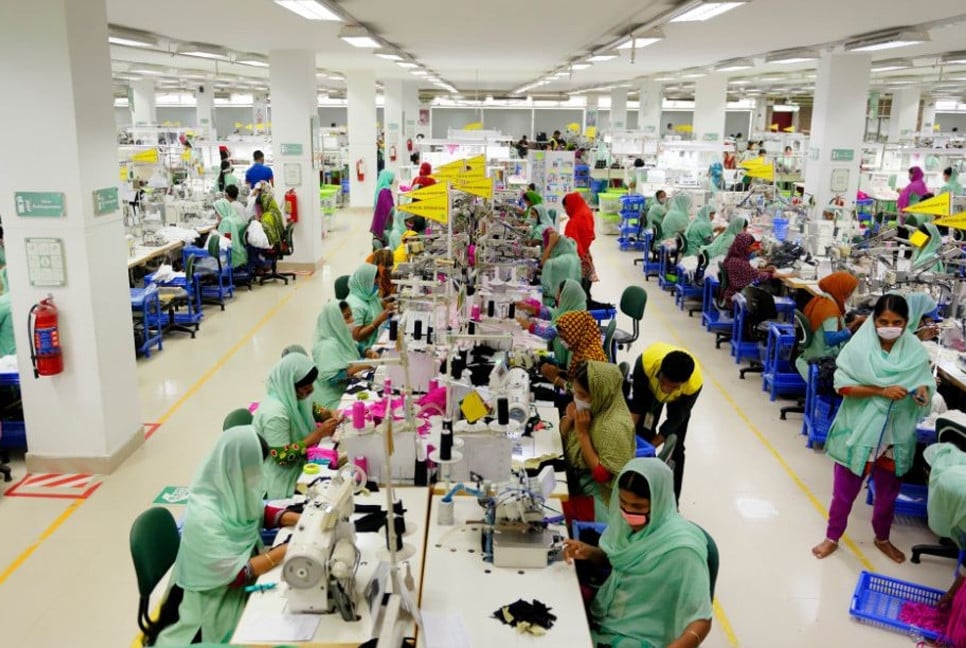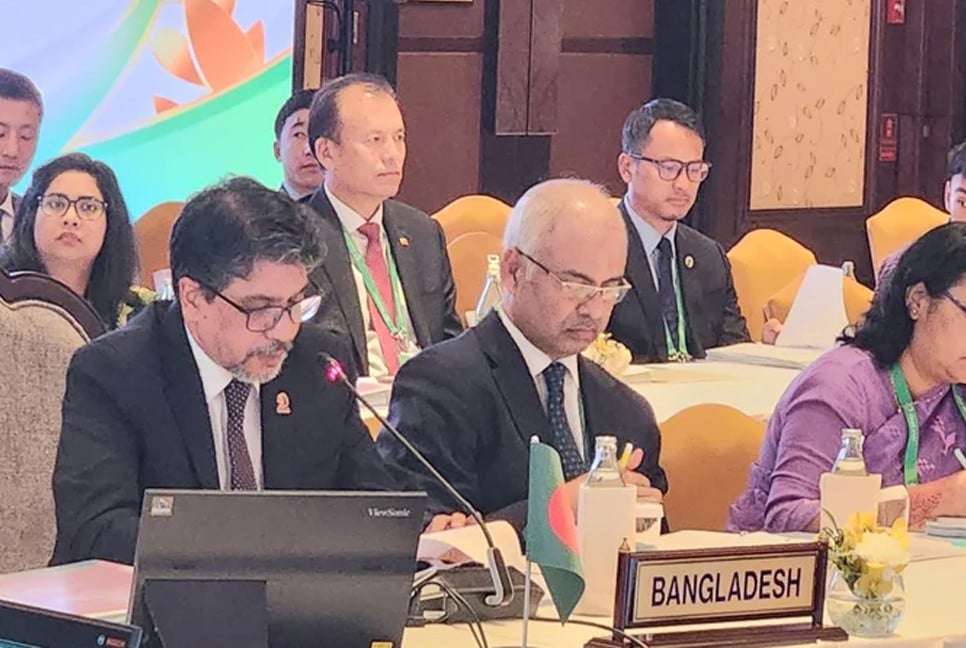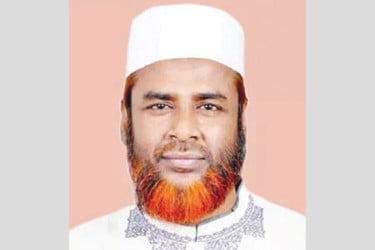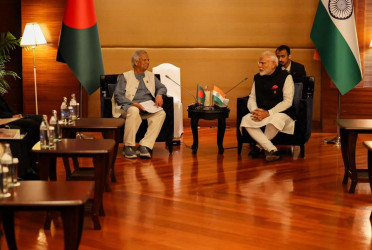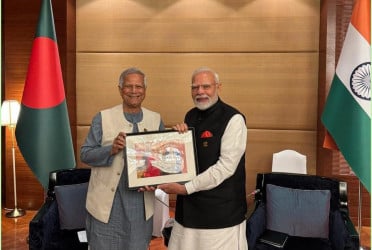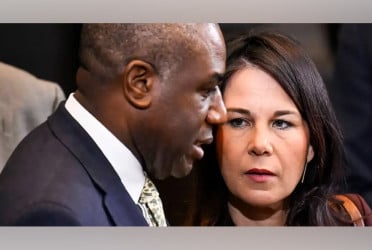The government will phase out its involvement in business operations and focus on creating a conducive environment for business and employment, said Chowdhury Ashiq Mahmud Bin Harun, Executive Chairman of the Bangladesh Investment Development Authority (BIDA), reports UNB.
He said this while speaking as the chief guest at a seminar titled “Investment Prospects and Challenges” organised by the Economic Reporters’ Forum (ERF) in the capital on Wednesday.
“Within the next six months to a year, we will gradually withdraw state entities from many businesses. The government does not need to engage in business, businesspeople will do that. Our role is creating the ground,” he said.
Chowdhury Harun said as 100 economic zones are unnecessary the government will select few to make them effective and attractive for investment.
“Instead of creating new economic zones, we can utilise existing locations equipped with utilities like gas connections, handing them over to key players for business,” he added.
Ha-Meem Group Managing Director and former FBCCI President AK Azad highlighted the need for transformation and policy implementation to enhance the country’s image.
“Change takes time, but the youth have proven it is possible. Policymakers should conduct product cost analyses before decisions are made. As it stands, businesses face challenges, with no substantial new investments taking place,” he said.
Criticizing roadshows, LafargeHolcim Bangladesh Limited CEO Iqbal Chowdhury said, “Roadshows abroad have not yielded significant results.”
Former DCCI President Abul Kasem Khan pointed out weaknesses in the supply chain mechanism and the lack of global recognition for Bangladeshi brands.
“Countries like Japan are known through brands like Sony, Toyota, and Mitsubishi. What does the world know us for? We need a brand that represents Bangladesh globally,” he said.
He said policymakers assume all businesspeople will take money out of the country. “Those who wanted to leave have already done so. We stayed, and we’re not going anywhere.”
Md. Hafizur Rahman, a member of the Bangladesh Competition Commission and administrator of FBCCI, highlighted uncertainties faced by new entrepreneurs.
“We must provide an environment that encourages investment. New entrepreneurs often face challenges due to the lack of safeguards. If they fail once, they have little chance to recover under current rules,” he said.
Bd-pratidin English/Tanvir Raihan

